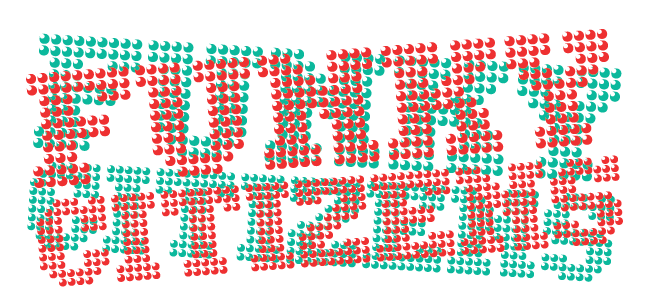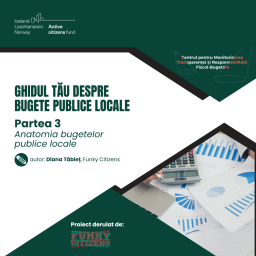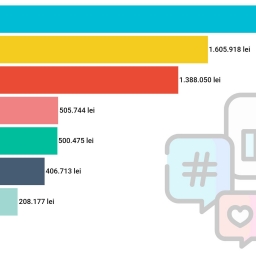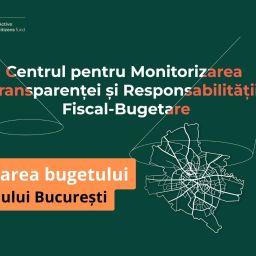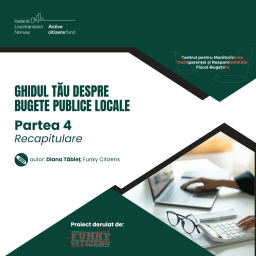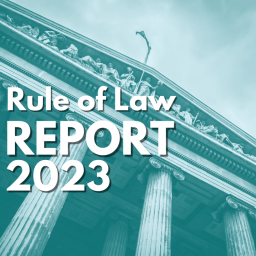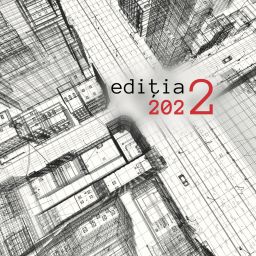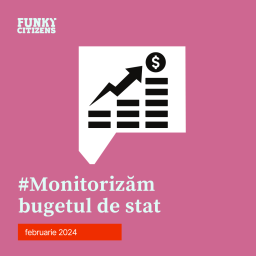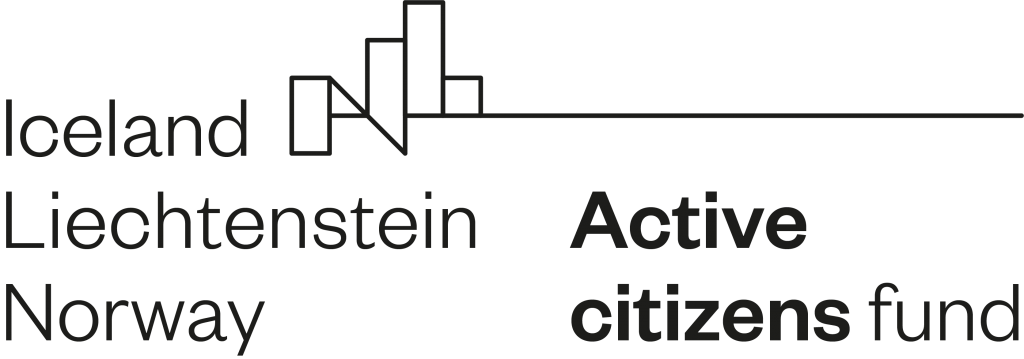
The state budget for 2023 was adopted yesterday by the Romanian Parliament. In response to the multiple crises we have faced in recent years (the Covid-19 pandemic, inflation, the energy crisis generated by Russia's aggression against Ukraine), the budget shows an attempt to recover, to reduce the deficit, and to focus on investments.
The state budget is not just any other administrative document, it often shows us the country's priorities for the following year and enables local administrations to know in advance what money, coming from the central level, they can rely on.
This time, the largest amount of total expenditure is represented by personnel expenditure (63 billion), followed by social assistance expenditure. Budgetary priorities are, however, most easily seen in the allocations for the ministries' budgets. The proposed budget for 2023 allocates the largest amounts of money to the Ministry of Labour, the Ministry of National Defense (predictable in the context of Russia's aggression against Ukraine) and the Ministry of Education. The biggest increase is recorded by National Defense, the proposed budget being more than 50% higher than the money spent in 2022 by this sector. Although in third place, with a proposed budget 12% higher than the previous year, the budget of the Ministry of Education is only about 2.2% of GDP, an allocation far below the assumed commitment of a minimum of 6% of GDP.
As for investment expenses in 2023, they reach 112 billion lei, i.e. 7.22% of GDP. In the next budget year, 50.8 billion lei will be allocated for investments from national funds, and projects financed from external funds and PNRR amount to 61.3 billion lei. However, almost every year the optimistic projections of the state budget are far from the actual budget execution, which shows us how the money was actually spent.
The state budget, in its form adopted yesterday, indicates the maximum amount that the credit authorities can use in the first half of next year. The first legal budgetary rectification will only be possible after July 1, as the Law on Fiscal-Budgetary Responsibility tells us, which means that, for areas such as education or health, things will remain underfunded for the time being.
The present analysis is the first in the series of analyzes of the Center for Monitoring Transparency and Fiscal-Budgetary Responsibility. The tools and materials developed within this center also aim to explain the budget processes in a way that everyone can understand, so we greatly appreciate and encourage you to send us your feedback related to the analysis at the e-mail address diana@funky.ong.
Developing NGO advocacy capacity in fiscal and budget policies
Project carried out by Funky Citizens with the financial support of Active Citizens Fund Romania, program financed by Iceland, Liechtenstein and Norway through EEA Grants 2014-2021. The content of this material does not necessarily represent the official position of the EEA and Norwegian Grants 2014-2021; for more information go to www.eeagrants.org.
Project implemented by
